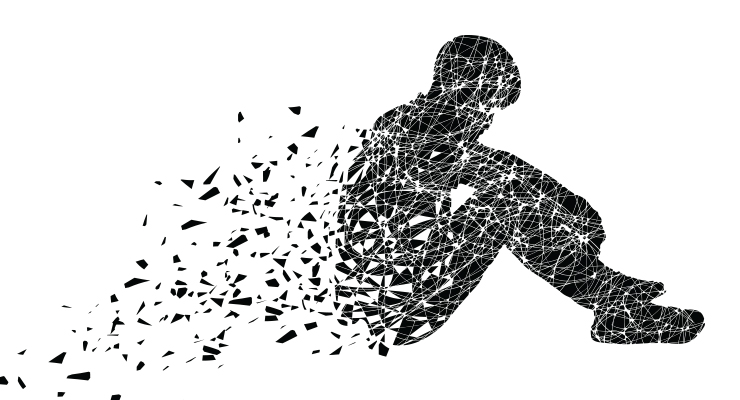Editorial
A Bleak Picture of Health in America
An honest assessment of health must account for mental alongside physical well-being, and realize they are two sides of the same coin.

By: Sean Moloughney

Well before COVID-19 infected the American psyche and exposed all the fractures and fault lines in society, there was already a major health crisis in the U.S. that warrants a radical reimagining of care.
The mental health crisis in America has been getting worse for years. Major depression has been on the rise across all age groups, but is increasing fastest among young people. An estimated 17.3 million adults in the U.S. had at least one major depressive episode in 2017, according to the National Institute of Mental Health, representing 7% of all U.S. adults.
Anxiety disorders are the most common mental health issue in the U.S., affecting over 40 million adults (19%), according to the National Alliance on Mental Health. Approximately 7% of children aged 3-17 experience issues with anxiety each year.
And these were only reported statistics that certainly did not fully capture the extent of the mental health problem before COVID-19, which continues to wreak havoc on the most vulnerable citizens.
Meanwhile, the mortality rate for people ages 25 to 34 has risen by more than 20% since 2008, primarily due to suicides and drug overdoses, according to a 2019 report published by the Stanford Center on Poverty and Inequality.
Among all Americans, the suicide rate increased by 33% between 1999 and 2017, according to the CDC. At the same time, drug overdose deaths reached a record last year, of nearly 72,000 people, an increase of 5% from 2018.
When you think about events and circumstances in America during the 21st century so far—the 9/11 terrorist attacks, two wars, the Great Recession, the coronavirus pandemic, and another economic downturn—it’s understandable that many people are mentally exhausted, stressed, anxious, and depressed.
Through all of this, by some estimates, more than 40% of Americans are obese; and data shows these people are at increased risk of severe illness from COVID-19.
This is a bleak picture of health in America. A realignment of values—including a renewal of empathy—and adoption of integrative, holistic healthcare solutions are long overdue. An honest assessment of health must account for mental alongside physical well-being, and realize they are two sides of the same coin.
I encourage companies and brands to help raise awareness for mental health issues, and provide meaningful support for people and communities in need. It may not always feel like it, but we are all in this together.


